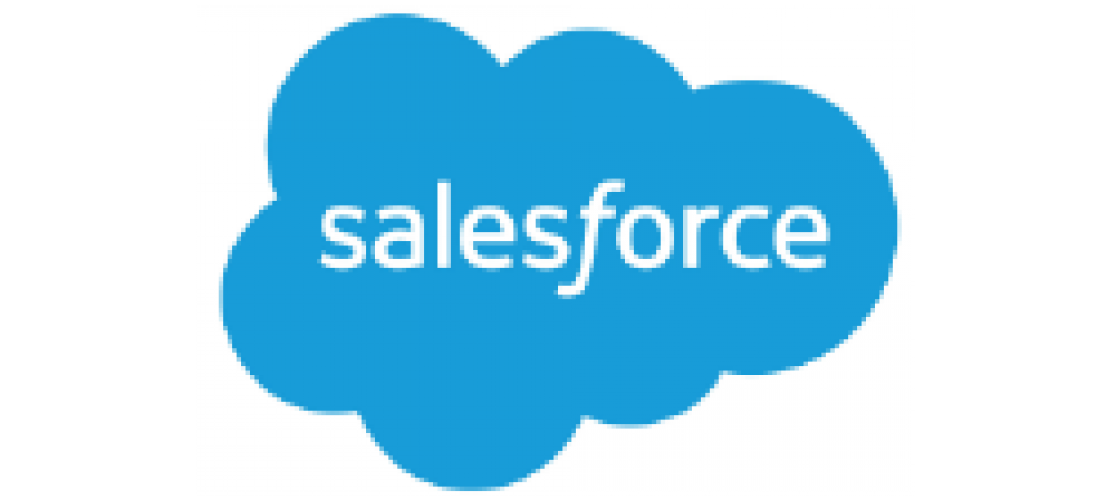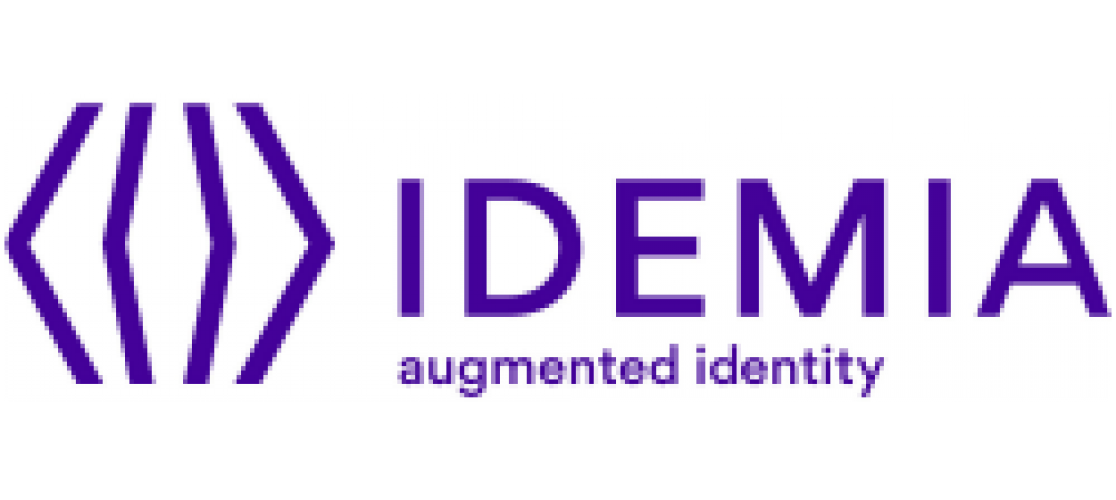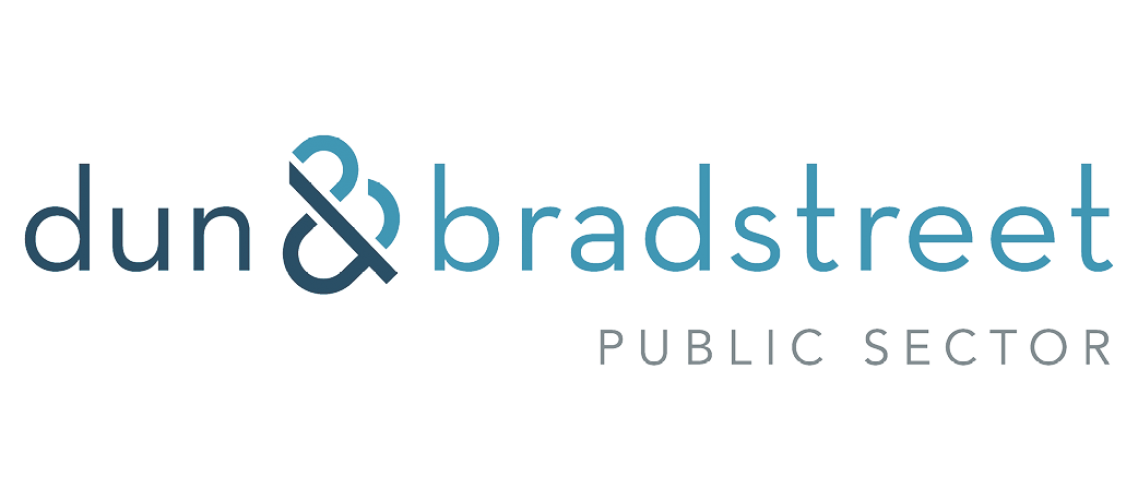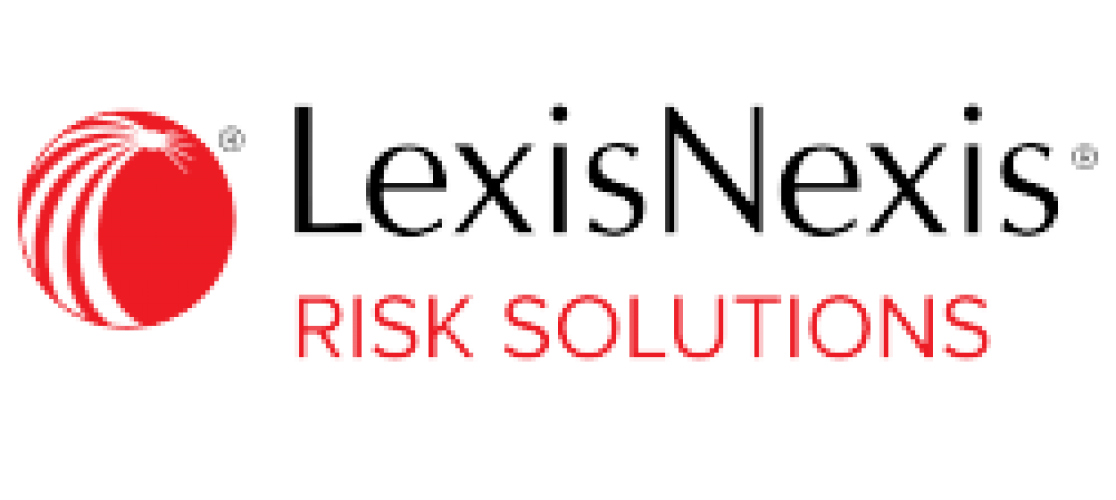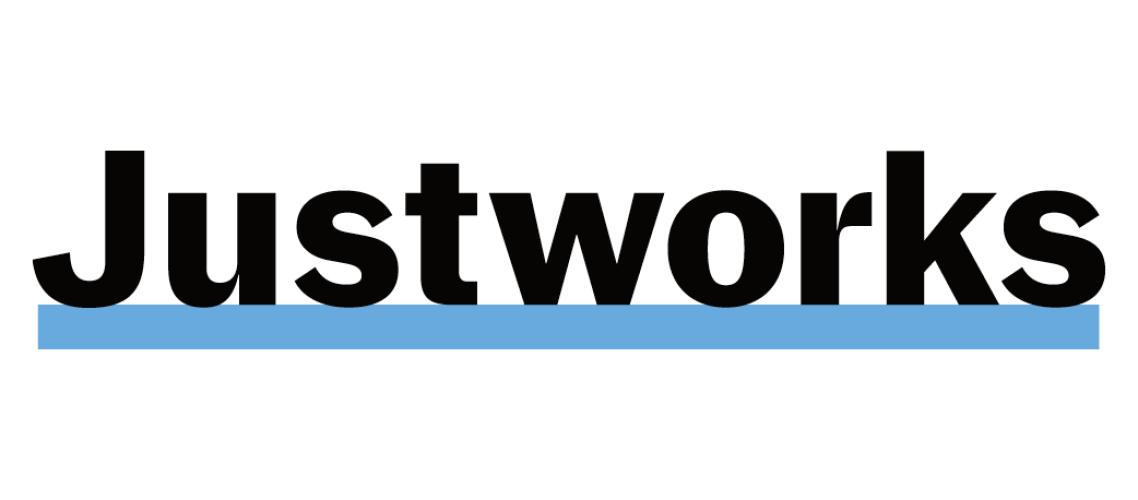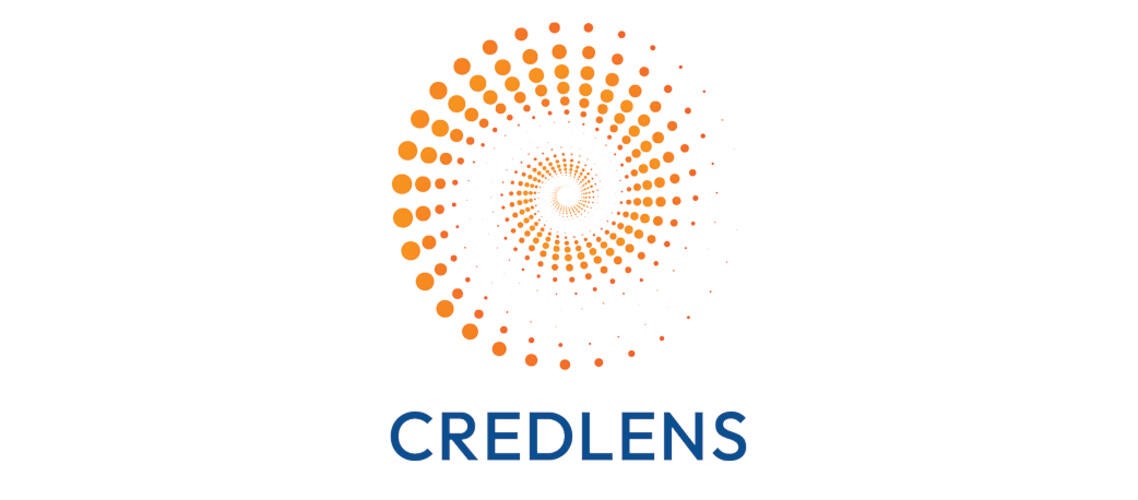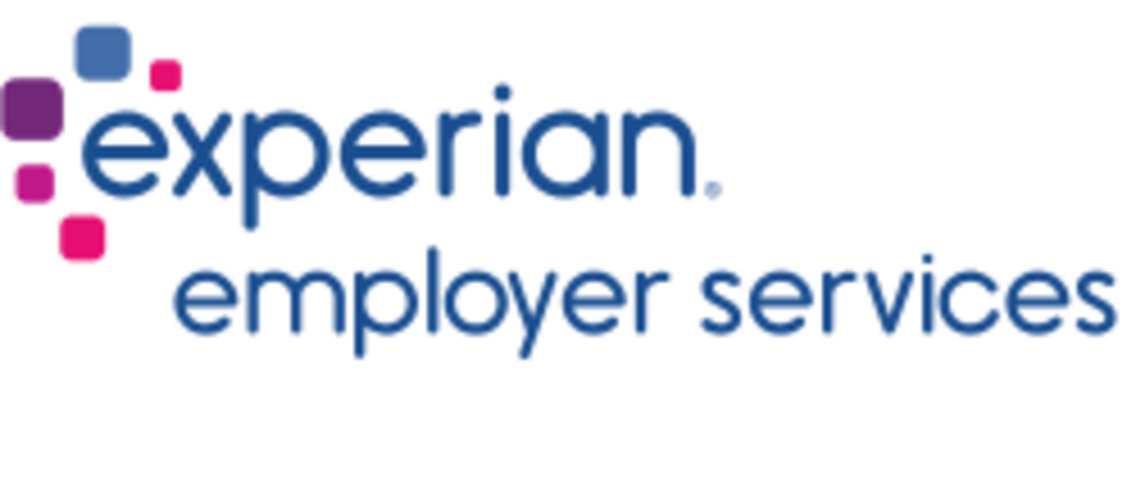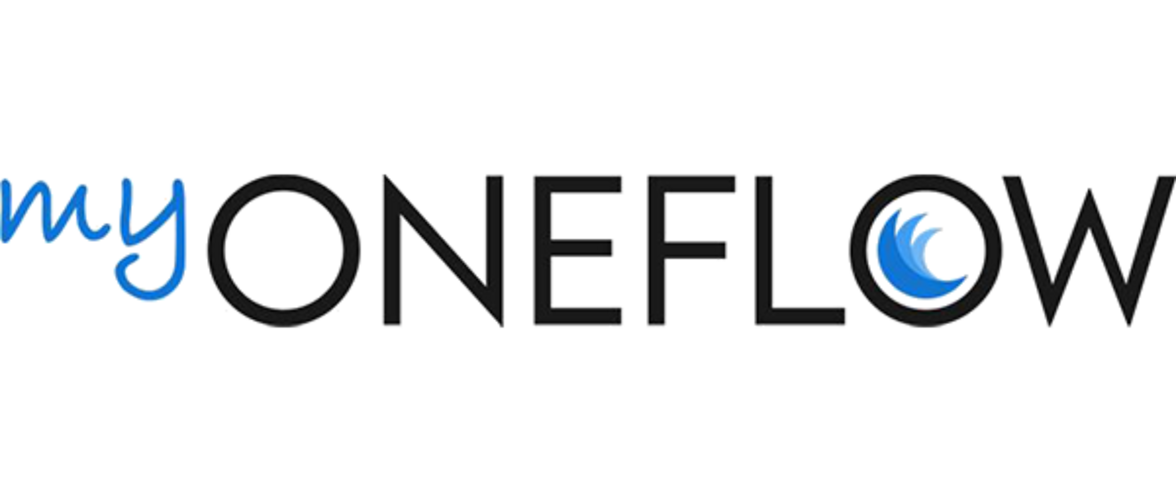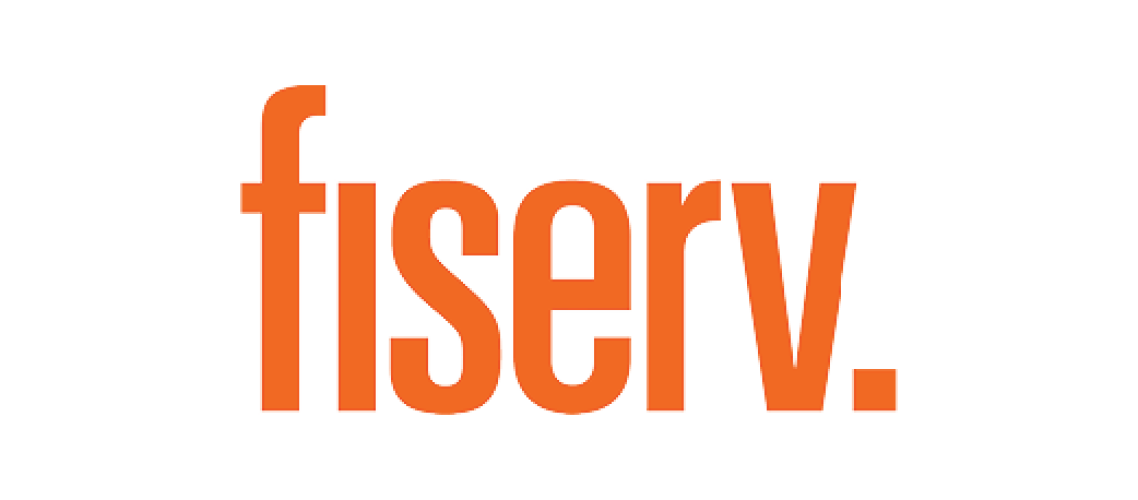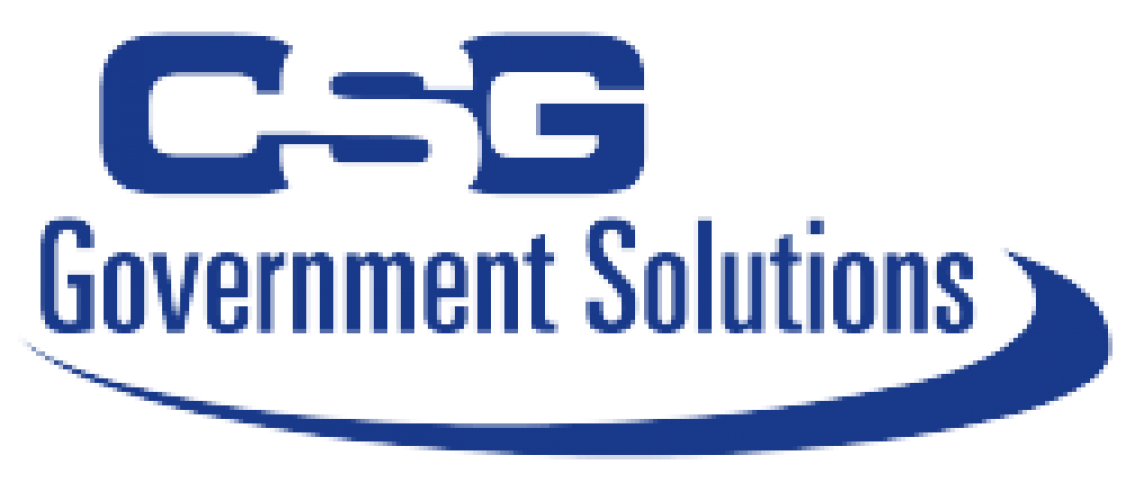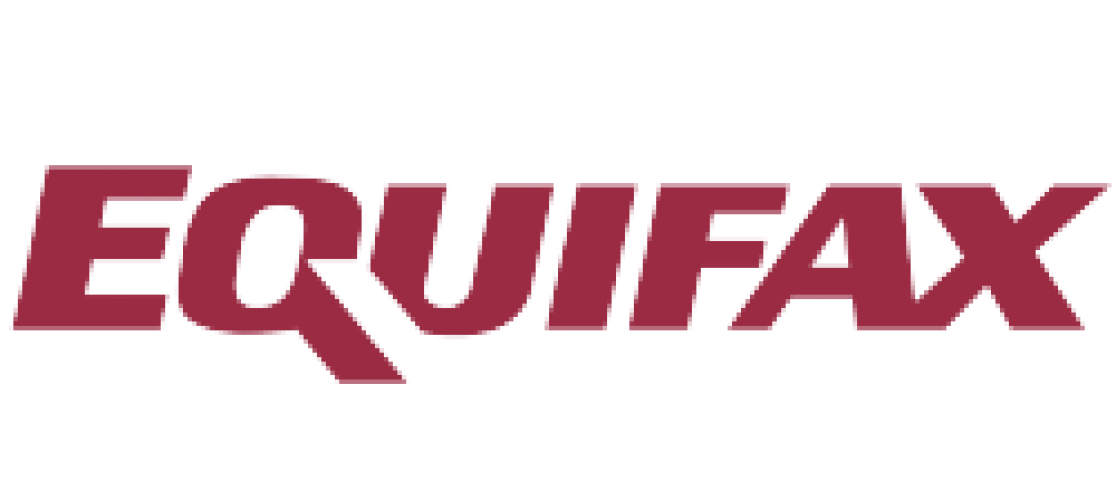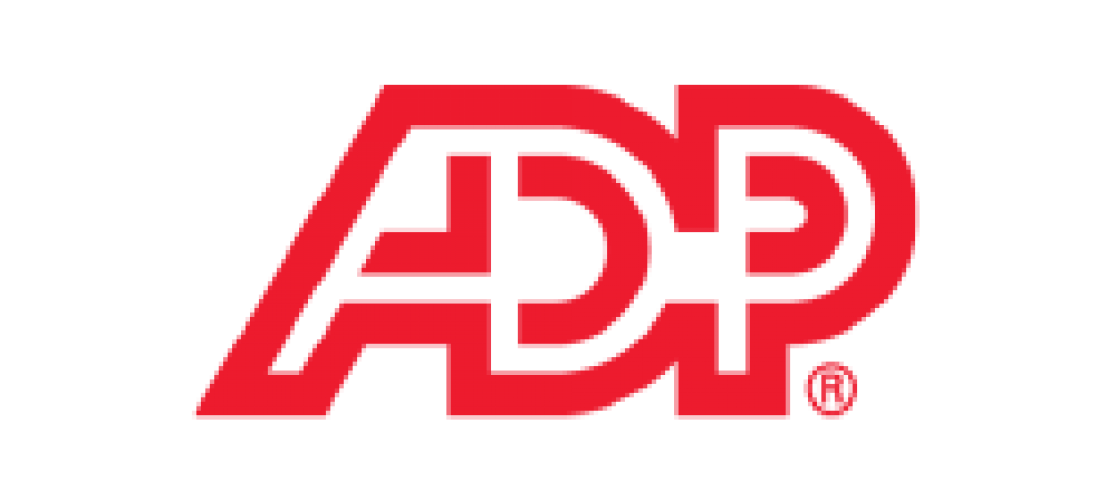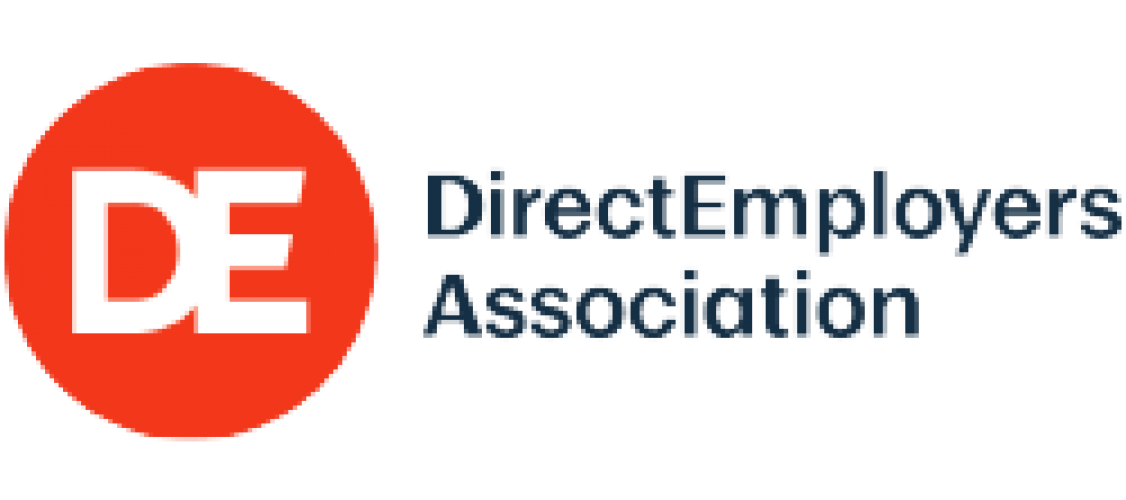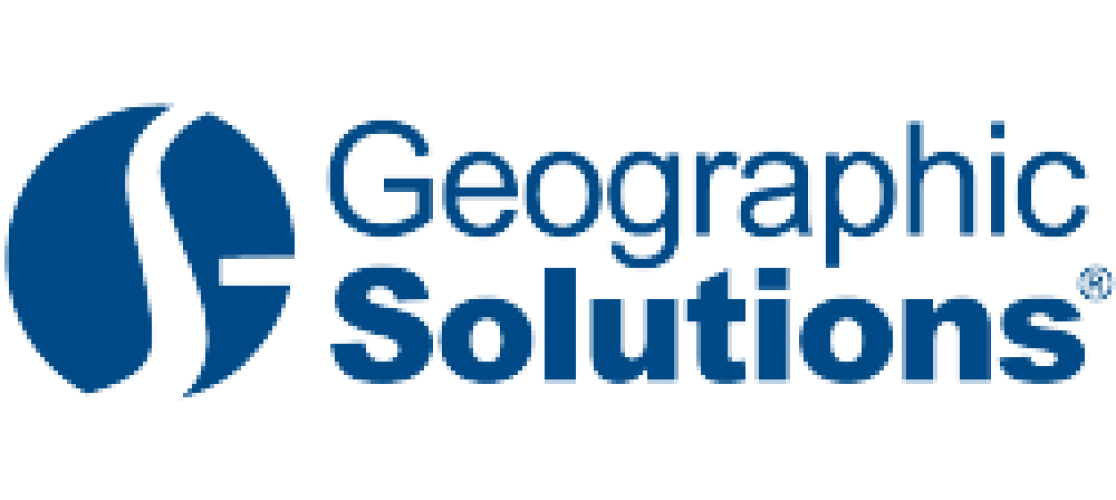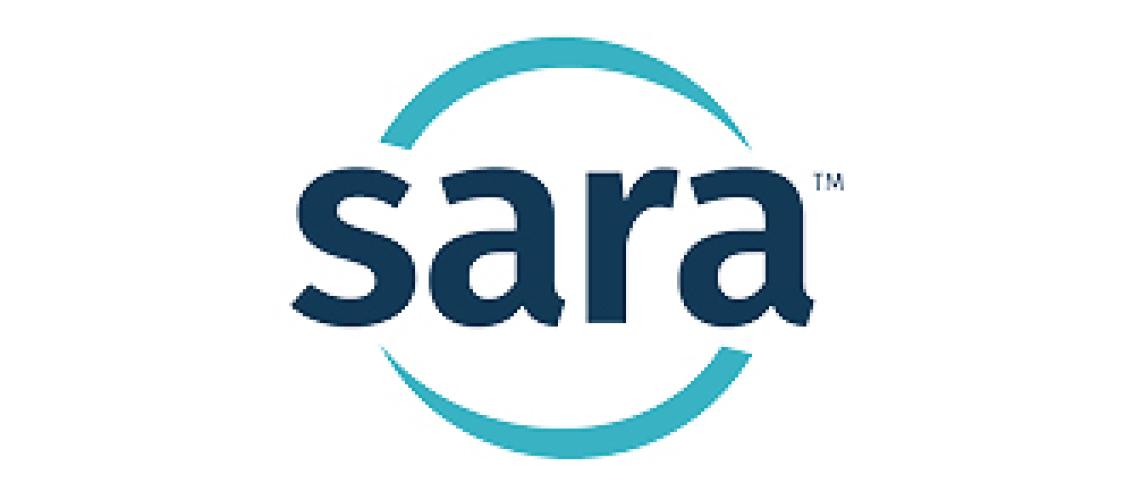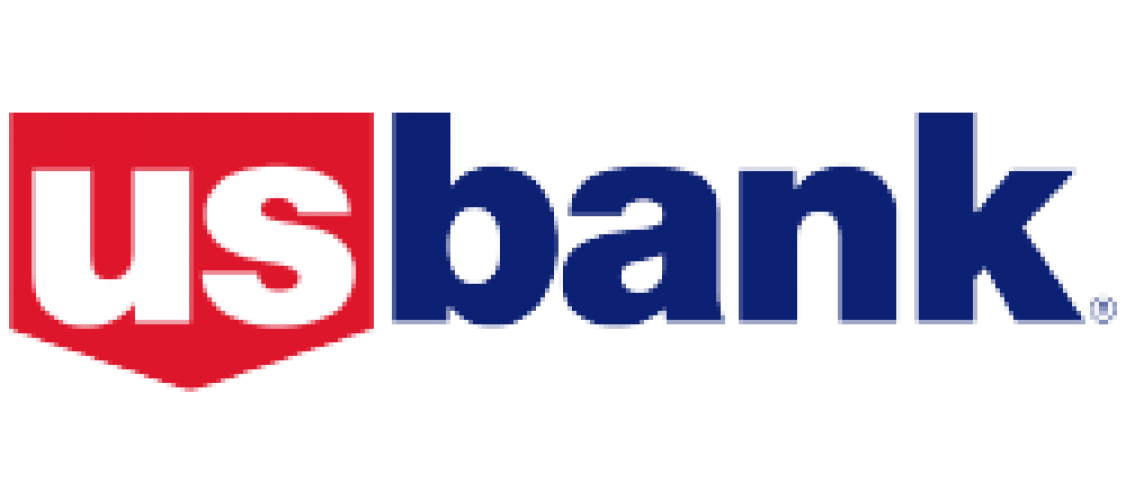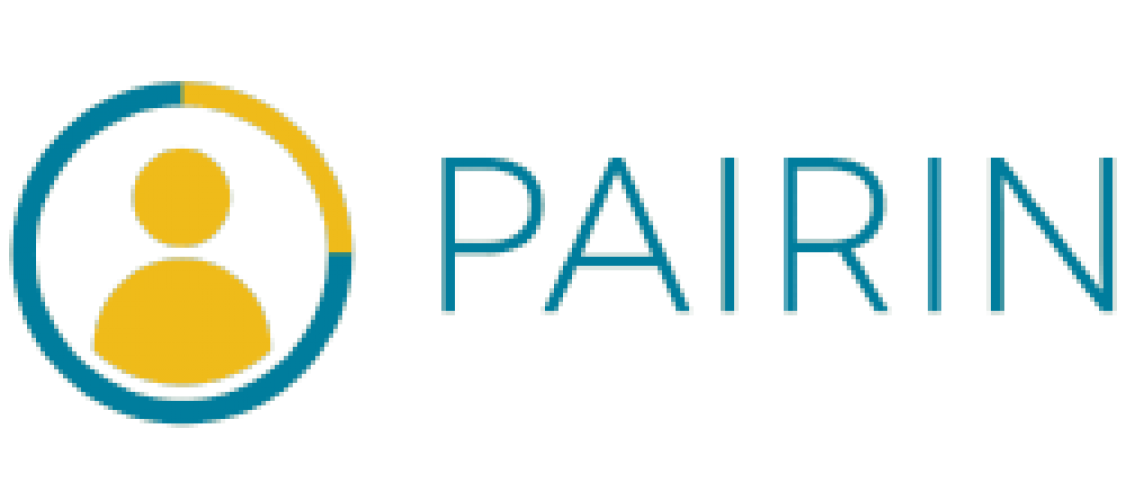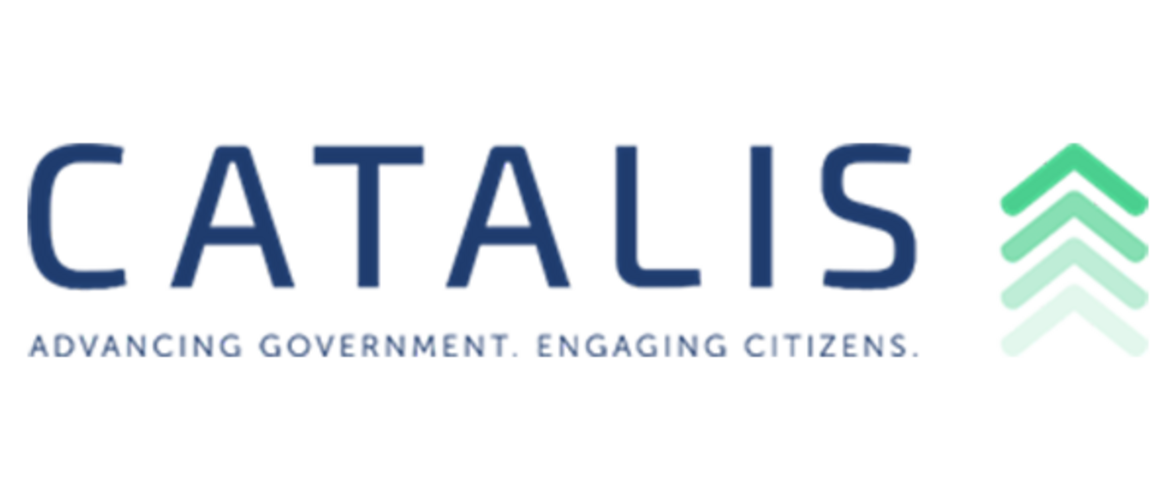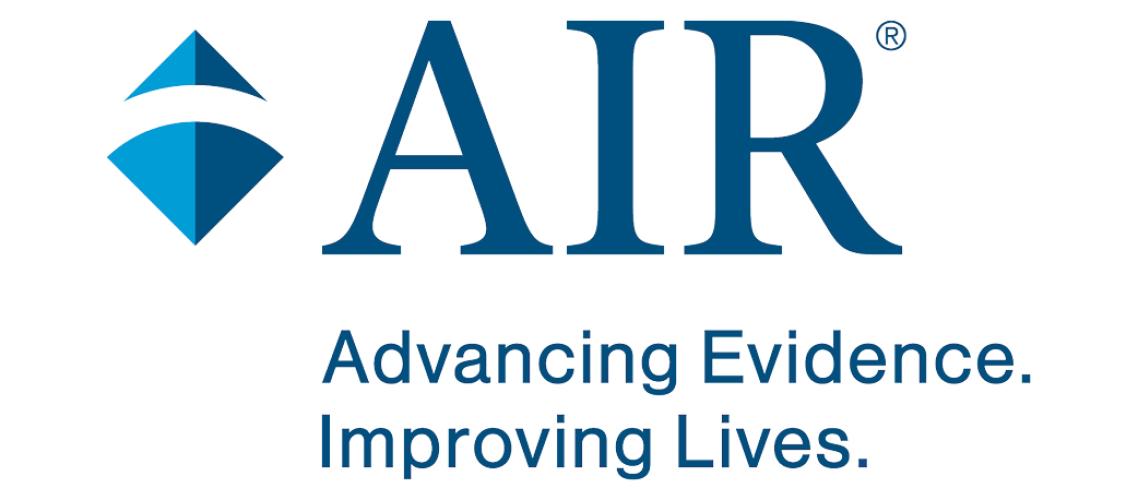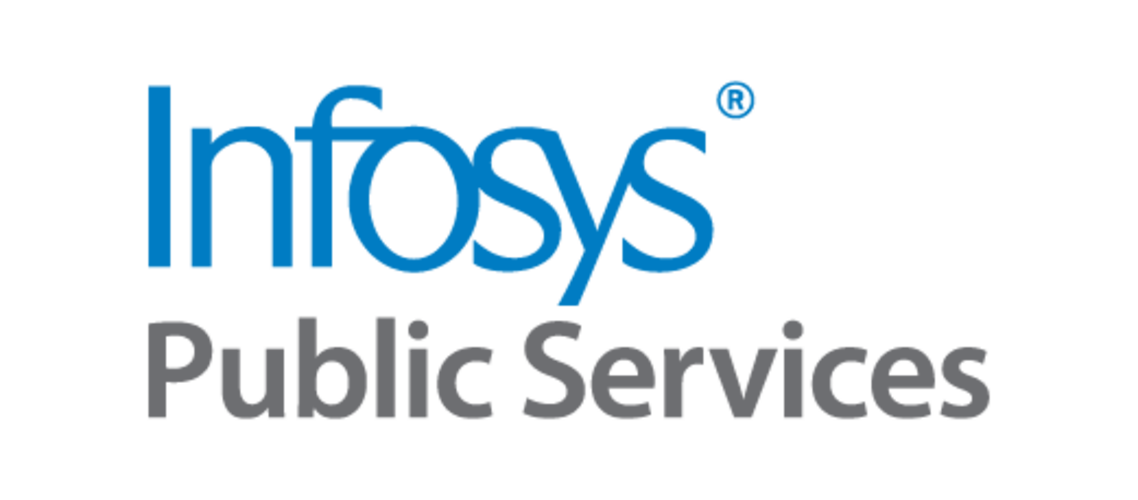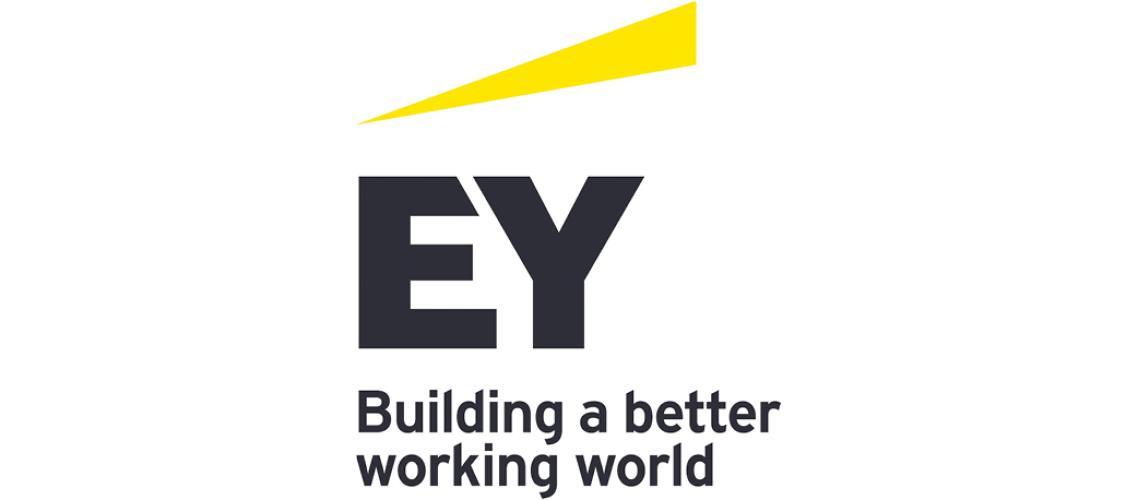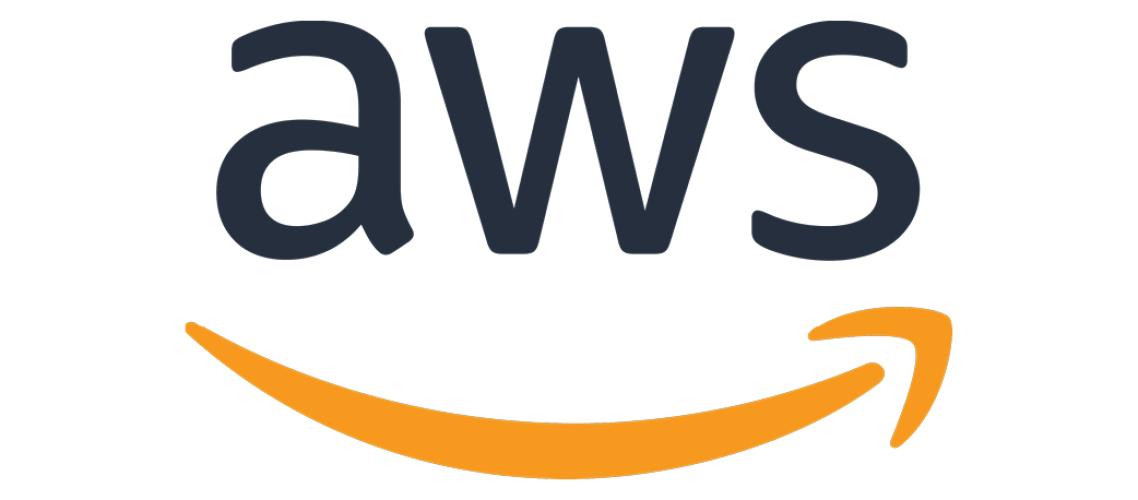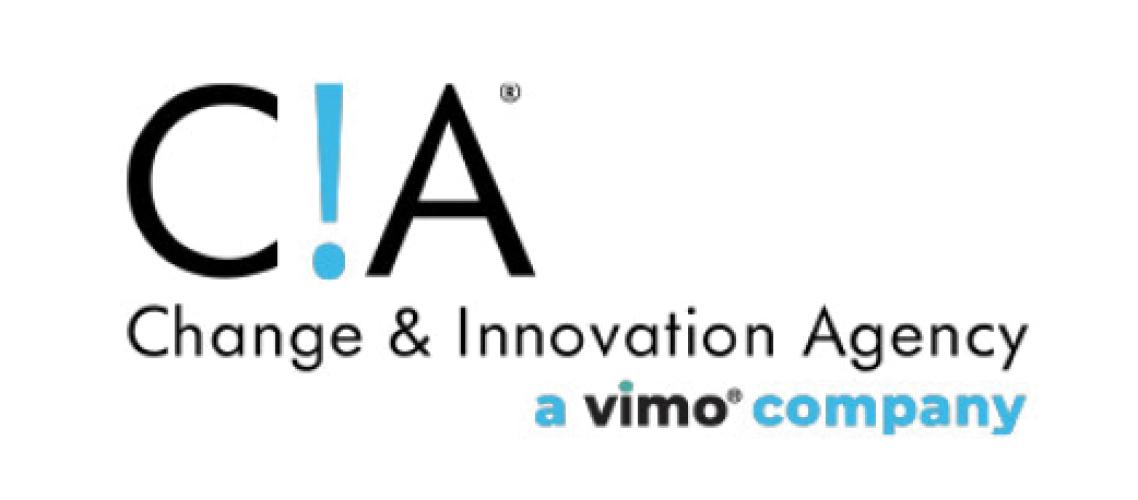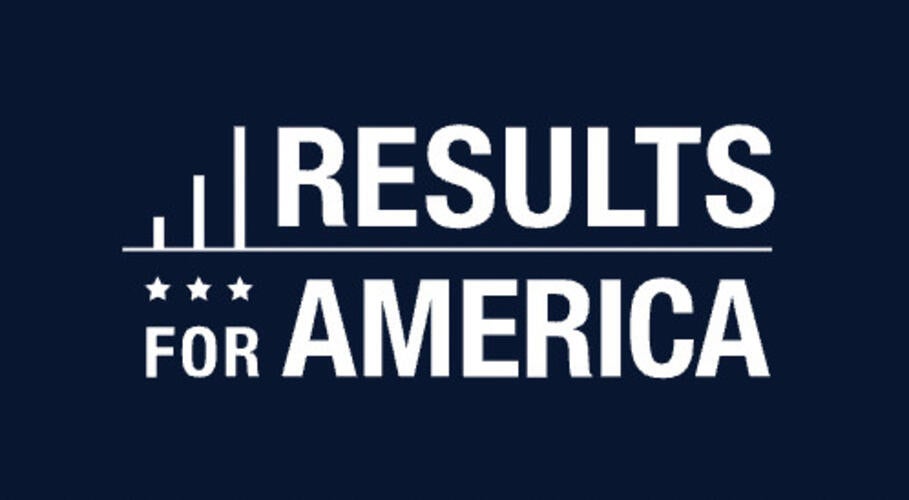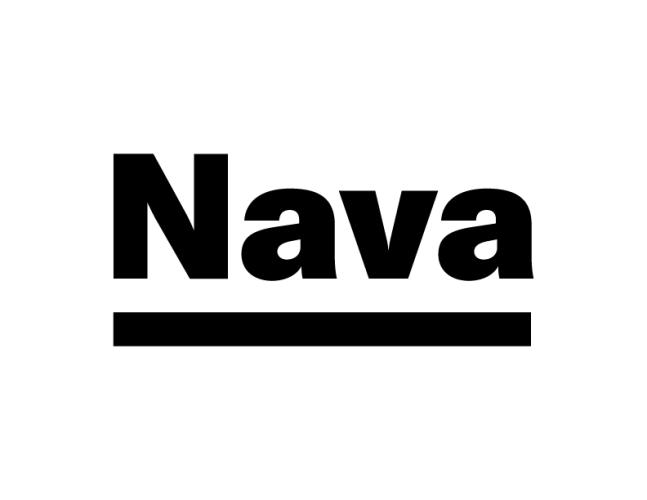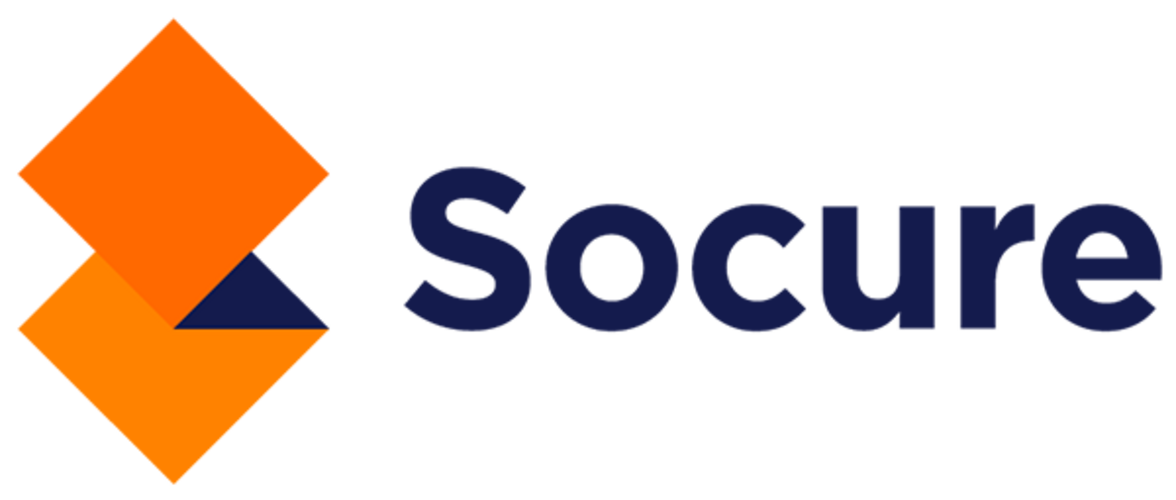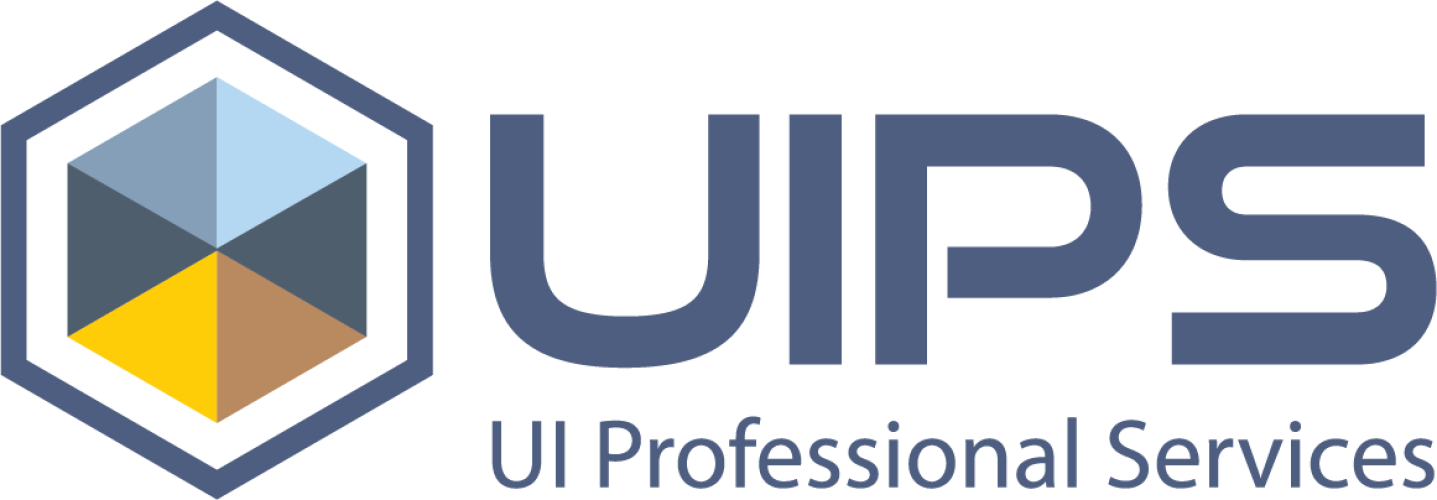Washington Workforce Innovation Award Nomination: Washington State Unemployment Insurance Benefits Triage Team Pilot
Contact Information of Individual Submitting Nomination
Nominator: Mari McGill
Email Address: mmcgill@esd.wa.gov
Agency Name: Washington Employment Security Department
Washington State Unemployment Insurance Benefits Triage Team Pilot
Every fall, UI Claims Centers brace for the unemployment peak season. During this period, there is a significant increase in call volume, claims, and cases requiring adjudication. Customers feel the effects of high call volume through longer wait times and lower call-connect rates. This frequently results in increased customer complaints. Additionally, as the workload increases, adjudication decision times increase and a backlog of work is created. This past year the Washington Employment Security Department implemented a pilot to create, hire, and train a team of unemployment insurance specialists to triage incoming calls. The triage team answers less complex questions, and routes more difficult issues to more experienced agents. When a customer requires immediate assistance, triage agents can set a call-back appointment using an online scheduling tool or be transferred to an experienced agent with a possible hold time. The intent of implementing a triage team was to answer more calls, reduce wait times, and provide a better experience for customers.
Statement of results, accomplishments, impacts and any other appropriate information that demonstrates why the nominee's efforts were an exceptional contribution.
- Answered more than 170,000 calls from October 2018 through March 2019, double the total calls answered the previous year.
- Reduced customer complaints by 72 percent year over year. In 2017, the agency received 199 complaints and 56 in 2018.
- Answered about 70 percent of all the Claims Center calls. Of those, about half were scheduled for a call back and 95 percent of those calls were made on time.
- Reduced our overall call-hold time in 2018 to 13.5 minutes. In 2017, claimants waited on hold for 52 minutes.
- Improved the call-connect rate from 16 percent in December 2017 to 100 percent in December 2018.
- Improved turnaround time for adjudication decisions – 81 percent were timely in December 2018, compared to 44 percent in December 2017.
- Shortened hold-times for getting help with online services from 34 minutes in December 2017 to 2.5 minutes in December 2018.
- Was awarded the Washington State Chapter of International Association of Workforce Professionals Group Innovation Award on May 10, 2019.
- Was selected to receive national recognition at the 106th Annual Workforce Development Conference in San Antonio on June 19, 2019.
Other significant contributions
Most challenges faced by the team that developed and implemented the Triage Team pilot project were related to a short start-up timeline. Some agency systems and processes were not designed to process the needs of standing up a new team of 32 staff quickly. One item identified to contribute to a roadmap for future efforts was to review the agency's new employee onboarding process. The agency was already moving forward with establishing new processes for this and the timing was perfect to add the Triage Team project manager to the effort to share experiences and contribute to the development of the new processes.
Another roadmap item included equipment readiness. Equipment needs included computers, monitors, headsets, etc. Those needs must be anticipated and ordered very early in the project development process. It is not reasonable to assume that vendors will be able to meet needs as quickly as they arise.
A roadmap for future efforts should also start with the development of a team charter and project plan at the beginning of a project so that goals, scope, outcomes, and roles and responsibilities are established up front and monitored and maintained throughout the project. Project plans should include risk management strategies and planned actions/responses.
As well, the team identified a need for one central point of communication throughout a project and learned that communications needs to include appropriate management and functional staff in communications to enable timely decision making for performance measures and resource scheduling. Meeting minutes should be maintained and routinely shared. Documentation of decisions will be referred back to frequently.
Examples of work
WA - 2019 State Excellence Award
WA - 2019 State Excellence Award Graph
